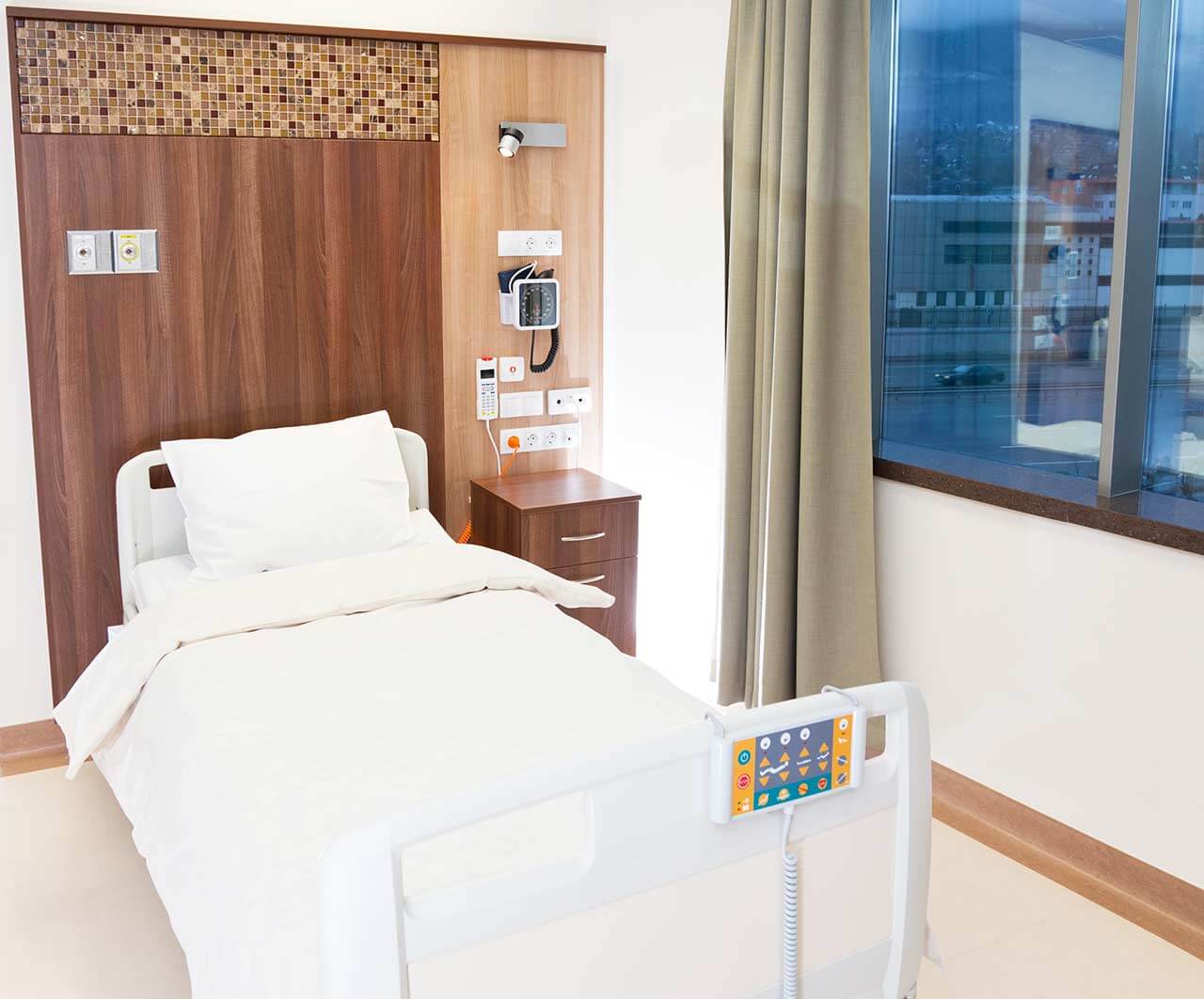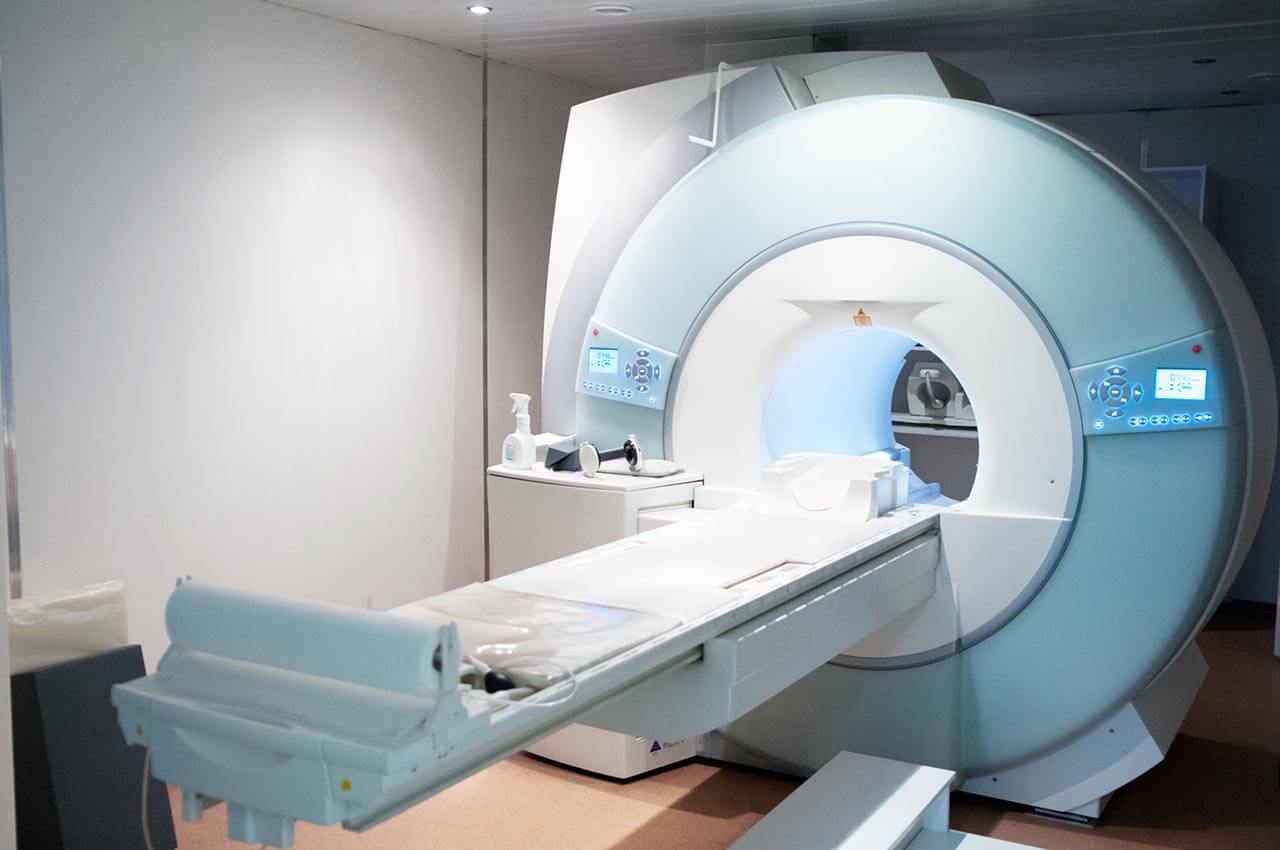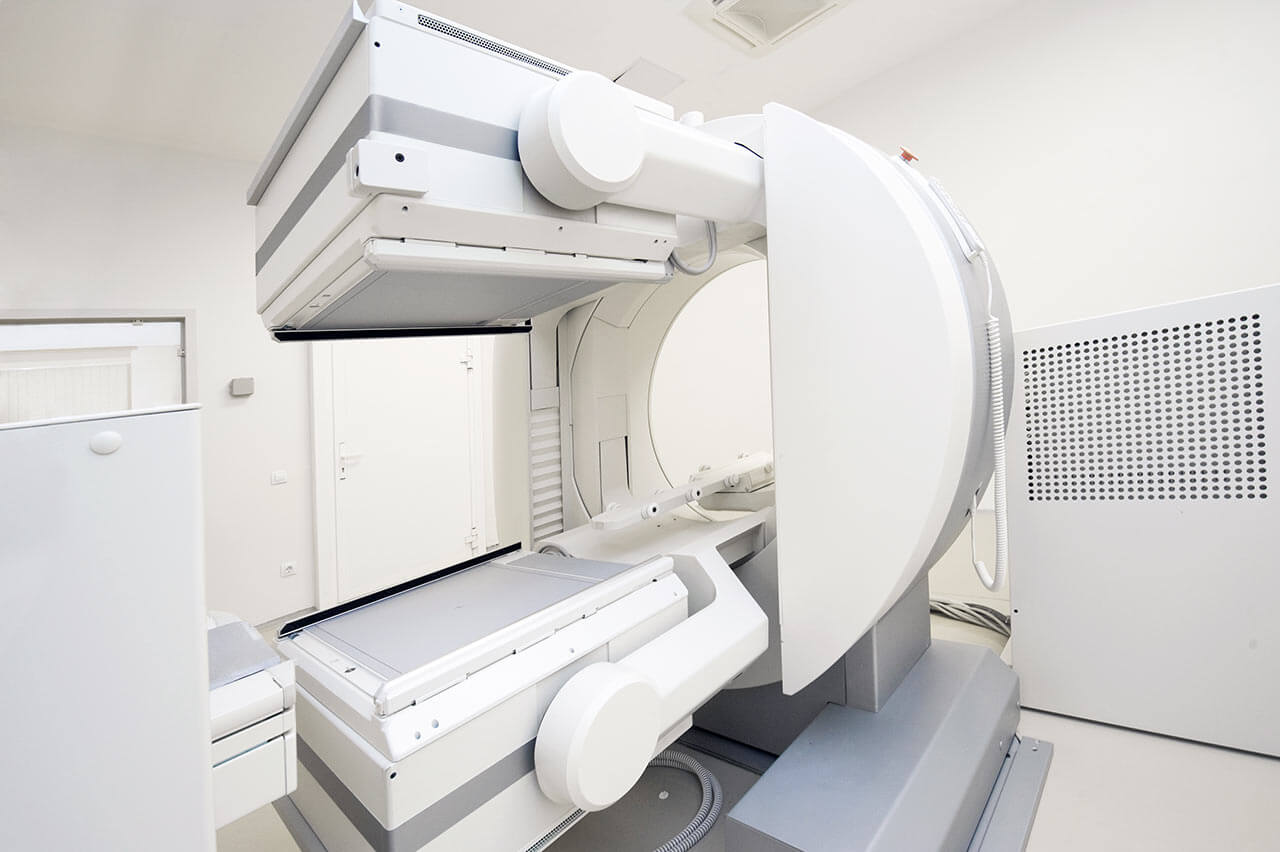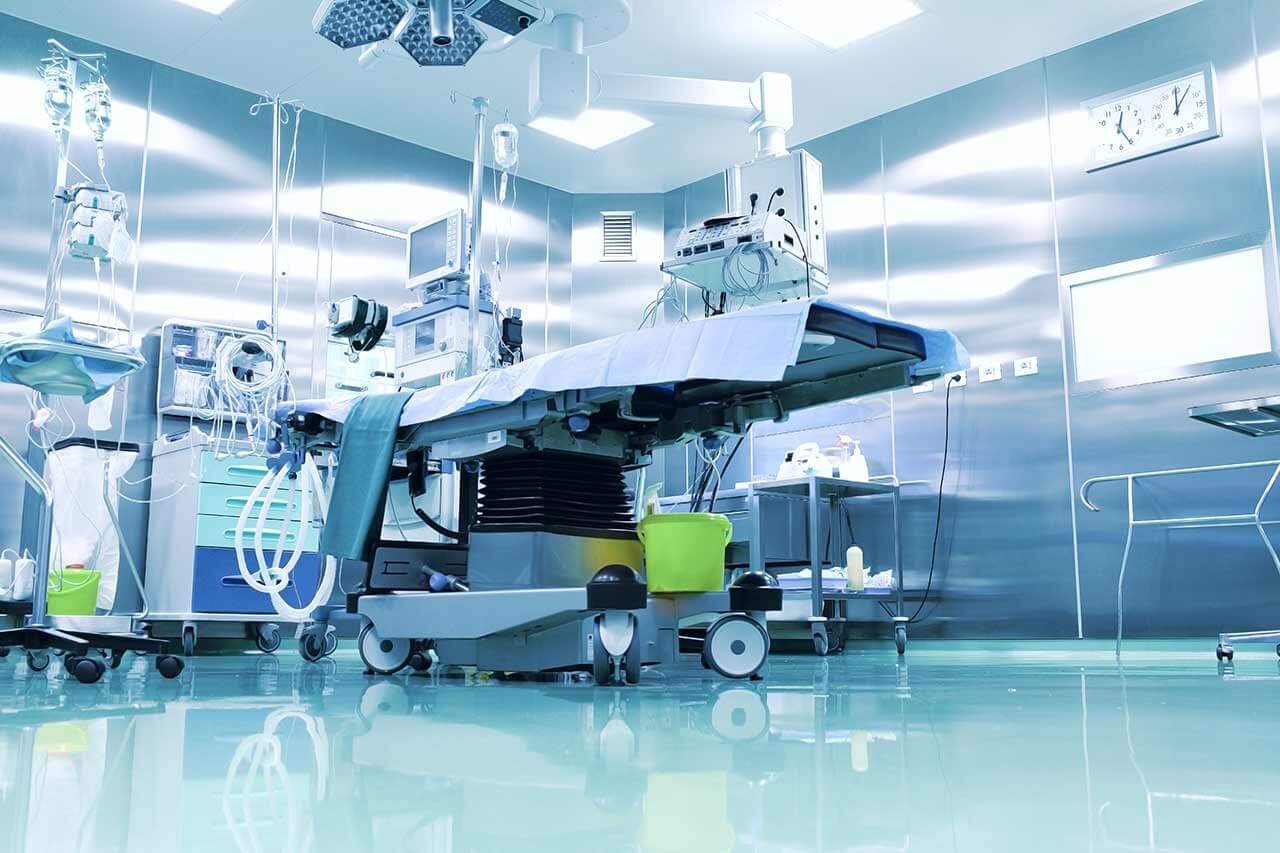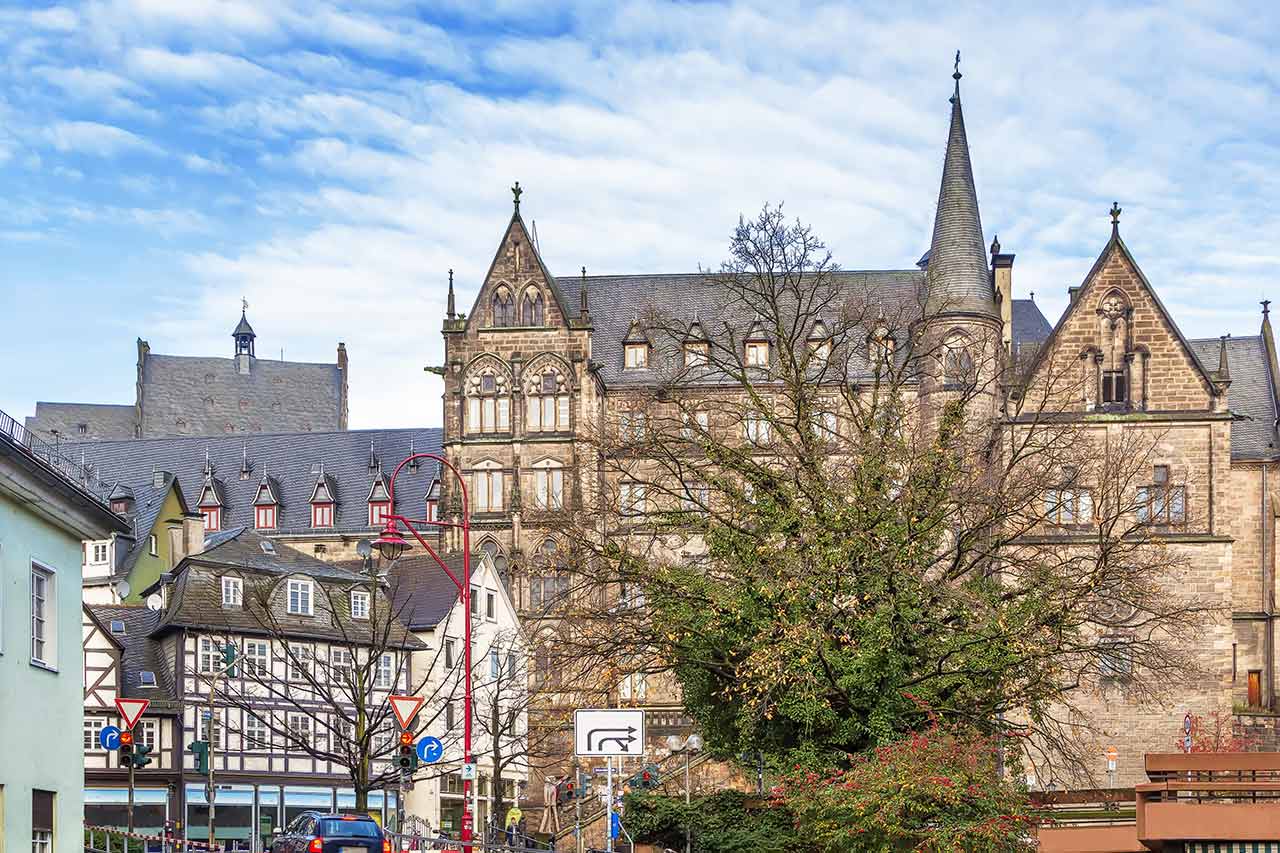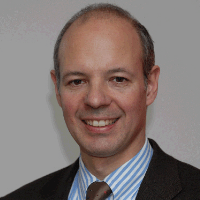
The program includes:
- Initial presentation in the clinic
- case history collection
- general clinical examination
- laboratory tests:
- complete blood count
- general urine analysis
- biochemical analysis of blood
- TSH-basal, fT3, fT4
- tumor markers (thyroglobulin (TG),
TG antibodies (TgAb)) - indicators of inflammation
- indicators of blood coagulation
- ultrasound scan of the thyroid gland
- thyroid scintigraphy
- radioiodine therapy
- symptomatic treatment
- cost of essential medicines
- nursing services
- stay in the hospital with full board in 2-bed room
- elaboration of further recommendations
How program is carried out
During the first visit, the doctor will conduct a clinical examination and go through the results of the available diagnostic tests. After that, you will undergo the necessary additional examination, such as the assessment of liver and kidney function, ultrasound scan of the thyroid gland and lymph nodes of the neck, thyroid scintigraphy. This will allow your doctor to assess how effective radioiodine therapy will be and how well you will tolerate it. In addition, the doctor will calculate the dosage of the drug you need.
Radioiodine therapy with I-131 includes oral administration of the drug. You will take 1 to 4 radioactive iodine capsules or drink about a teaspoon of liquid with radioactive iodine. You will take the drug in your ward, without visiting the manipulation room or operating room.
After taking radioactive iodine, you will stay in your ward for 24 to 48 hours. The next morning after the procedure, the dosimetrist will determine the amount of radiation in your body. If the amount is low, you will be allowed to leave your ward and will be discharged from the hospital. If the amount is high, then the dosimetric control will continue for another day, until a low amount of radiation in your body is detected.
The isotope I-131 can accumulate not only in the thyroid gland, but also partially in the salivary glands. This can cause dry mouth. To get rid of this side effect, you will dissolve sour candies, as this stimulates the work of salivary glands.
The drug is quickly excreted by the kidneys, and after 48 hours you will no longer pose a danger to others. After the procedure, you should drink at least 1 glass of water per hour and visit the toilet regularly. This will allow you to quickly remove radioactive iodine from the body. Food can be usual, without excess iodine in the diet.
During these 48 hours, you can read, use a mobile phone, tablet or computer. All these devices will not be a source of radiation in the future.
Control examination includes scintigraphy, which is performed 7-10 days after radioiodine therapy. Based on the results of the examination, the doctor will determine how well the cells of the thyroid gland (or cancer metastases) have accumulated radioactive iodine. In a few weeks after the procedure, you will have a control blood test for thyroid hormones. In the future, you will visit an endocrinologist regularly.
Required documents
- Medical records
- MRI/CT scan (not older than 3 months)
- Biopsy results (if available)
Service
You may also book:
 BookingHealth Price from:
BookingHealth Price from:
About the department
The Department of Nuclear Medicine at the University Hospital UKGM offers all the options of radioisotope diagnostics and treatment. Nuclear medicine methods allow for imaging not only the organs and anatomical structures of the body, but also the metabolic processes that occur in them. The department specializes in the diagnostics and treatment of cancer, cardiological pathologies, neurological and psychiatric disorders. The department’s doctors annually conduct about 10,000 in vivo studies and about 500 therapeutic procedures with radionuclides. The Chief Physician of the department is Prof. Dr. med. Markus Luster.
The diagnostic and therapeutic service range of the department includes:
- Diagnostic options
- Thyroid examinations
- Ultrasound
- Scintigraphy with technetium-99m and radioactive iodine isotopes
- Parathyroid examinations
- Ultrasound
- Scintigraphy
- Adrenal examinations
- Functional study of the adrenal cortex
- Heart examinations
- Myocardial scintigraphy
- Radionuclide ventriculography
- Cancer examinations
- Skeletal scintigraphy to detect metastases
- Bone marrow scintigraphy to detect metastases
- Receptor scintigraphy to detect neuroendocrine tumors of the digestive tract
- Gastrin receptor scintigraphy (developed by the department’s specialists) to detect rare forms of thyroid tumors (medullary carcinomas or C-cell tumors), small cell lung cancer, certain brain tumors, neuroendocrine tumors
- Diagnostics of tumors of the adrenal medulla (neuroblastoma) in children
- Lung examinations
- Skeleton bone examinations to detect metastases and inflammatory processes in bones and joints
- Kidney examinations
- Kidney scintigraphy
- Static kidney scintigraphy
- Kidney perfusion scintigraphy
- Nervous system examinations
- Emission computed tomography of the brain
- Gastrointestinal examinations
- Receptor scintigraphy
- Functional scintigraphy of the liver, spleen and other organs of the digestive tract
- Diagnostics of inflammatory processes
- PET-CT combined diagnostic method
- Diagnostics using the PSMA ligand
- Thyroid examinations
- Therapeutic options
- Radioiodine therapy for the treatment of benign and malignant thyroid diseases
- Therapy of malignancies of the hematopoietic system and lymph nodes (lymphomas)
- Radioimmunotherapy for non-Hodgkin lymphomas
- Therapy with radioactively labeled receptor-binding peptides (for neuroendocrine tumors of the digestive tract, medullary thyroid carcinoma)
- Therapy of inflammatory joint diseases
- Palliative care for patients with pain caused by metastatic tumors
- Other medical services
Curriculum vitae
After qualifying from the Medical School (1985-1992) at the University of Essen, Dr. Markus Luster undertook training in Pediatric Hematology/Oncology at the University of Madison, Wisconsin, USA. From there, Prof. Markus Luster went on to take a 6-year fellowship in the Department of Nuclear Medicine at the University Hospital Wuerzburg, where, in November 2000, he became a Consultant. In 2008, Dr. Markus Luster moved to the University of Ulm to become Professor of Nuclear Medicine and in June 2013 became Full Professor and Chairman of the Department of Nuclear Medicine at the University of Marburg.
Dr. Markus Luster has been involved in multiple clinical trials in endocrinology and paediatric oncology, including several multicentric, international trials in differentiated thyroid carcinoma.
In addition, he is a Member of numerous medical societies, including the German Society of Nuclear Medicine, the European Organization for Research and Treatment of Cancer (EORTC) Endocrine Tumor Study Group, and the European Association of Nuclear Medicine. From 2008 to 2012, he was Chairman of the Therapy Committee for the European Association of Nuclear Medicine and a Member of the Scientific Advisory Board of the National Patient Support Group for Thyroid Cancer. Since October 2014, he is chairing the newly founded Thyroid Committee of the European Association of Nuclear Medicine (EANM).
Present Position
- Chairman of the Department of Nuclear Medicine at the University Hospital Marburg.
Higher Education and Postgraduate Training
- 10.1985 - 04.1988 Medical School, University of Bochum, Germany.
- 04.1988 - 06.1992 Medical School, University of Essen, Germany.
- 09.1991 - 11.1991Internship in General Surgery, University of Wisconsin, Madison, USA.
- 01.1993 - 06.1994 Residency, Department of Nuclear Medicine, University Hospital Essen, Germany.
- 07.1994 - 10.1994 Research Assistant, Department of Nuclear Medicine, University Hospital Essen, Germany.
- 11.1994 - 10.2000 Residency, Department of Nuclear Medicine, University Hospital Wuerzburg, Germany.
- 05.2002 - 09.2002 Postgraduate studies in Quality Management in Medicine, University of Heidelberg, Germany.
- 11.2000 - 06.2008 Nuclear Medicine Physician and Senior Staff Member of the Department of Nuclear Medicine, University Hospital Wuerzburg, Germany.
- 07.2008 - 06.2013 Full Professor and Deputy Chair of the Department of Nuclear Medicine, University Hospital Ulm, Germany.
- Since 07.2013 Full Professor and Chairman of the Department of Nuclear Medicine, University Hospital Marburg, Germany.
Positions
- 2008 - 2013 Chairman of the Therapy Committee, European Association of Nuclear Medicine.
- 2011 - 2016 Chairman of the Thyroid Committee, German Association of Nuclear Medicine.
- Since 2010 Member of the EORTC Endocrine Tumor Task Force, European Organization for Research and Treatment of Cancer.
- 2011 - 2017 Speaker of the Thyroid Committee, German Association of Endocrinology.
- 2010 - 2015 Member of the Pediatric Thyroid Cancer Guidelines Task Force, American Thyroid Association.
- Since 2014 Chairman of the Thyroid Committee, European Association of Nuclear Medicine.
- Since 2014 Member of the Therapy Center of Excellence (TCoE), Subcommittee of Radioactive Iodine Theranostic, Society of Nuclear Medicine and Molecular Imaging, USA.
- Since 2016 Vice President of the German Association of Nuclear Medicine.
Photo of the doctor: (c) UKGM - Universitätsklinikum Gießen und Marburg GmbH
About hospital
The University Hospital Marburg UKGM offers patients modern diagnostics and comprehensive therapy at the international level. As a maximum care hospital, the medical facility specializes in all fields of modern medicine ranging from ophthalmology to traumatology and dentistry. The main areas of specialization of the hospital are surgery, neurosurgery, oncology, nephrology with kidney transplantation and children's medicine.
The hospital is the third largest in Germany. Every year, more than 436,000 patients are treated in two locations of the hospital (Giessen and Marburg): 342,000 in outpatient and 94,000 inpatient settings. The medical facility is the first privatized university hospital in the country.
The hospital staff makes a significant contribution to the development of research activities at the Faculty of Medicine of the Justus Liebig University Giessen and the Philipps University of Marburg. To develop new diagnostic and therapeutic methods, as well as to implement them into clinical practice, the specialists maintain active cooperation in a large number of areas.
The widest range of diagnostic and therapeutic services, the advanced infrastructure and technical base, high quality of treatment and professionalism of health workers contribute to the fact that the medical facility has an excellent reputation not only in Germany, but also far beyond its borders.
Photo: (c) depositphotos
Accommodation in hospital
Patients rooms
The patients of the University Hospital Marburg UKGM live in comfortable single and double rooms made in a modern design and light colors. Each room has an ensuite bathroom with shower and toilet. The pediatric departments provide patient rooms for the joint accommodation of mother and child. The standard room furnishing includes an automatically adjustable bed, bedside table, wardrobe, TV, telephone.
Meals and Menus
The patients of the hospital are offered balanced, healthy three meals a day: buffet breakfast, lunch and dinner. The private kitchen, certified according to DIN EN ISO 9001: 2000, is responsible for providing patients with food and drinks.
If for some reason you do not eat all foods, you will be offered an individual menu. The hospital also has a cafeteria with a large assortment of hot and cold drinks, snacks and desserts.
Further details
Standard rooms include:
Television
All patient rooms are equipped with TV sets. If you have some questions about TV use, please contact medical personnel.
Religion
Religious services can be provided upon request.
Accompanying person
During an inpatient program, an accompanying person can stay with you in a patient room or in a hotel of your choice.
Hotel
During the outpatient program, you can stay at the hotel of your choice. Our managers will help you choose the most suitable option.
